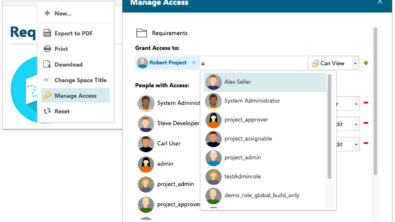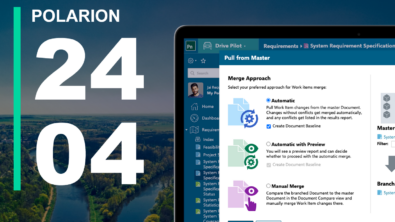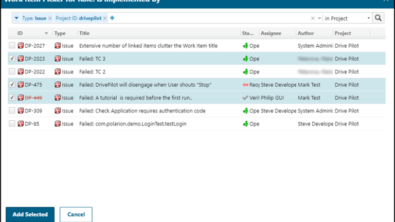Growing Craze for Autonomous Car Technology
Autonomous vehicles are quickly evolving from science fiction to reality.
There is no denying it: Autonomous cars, also known as self-driving cars, could be generally available on our roads as early as by 2020 – so it’s time to start thinking about all of the legal, regulatory, and technological impacts.
It’s no surprise that our dependency on software is drastically increasing – and autonomous vehicles are a prime example of cars packed with technology.

Current attention focused on autonomous cars is absolutely impressive, as even more lines of code are packed into our vehicles. For example, “George,” a vehicle from HERE, has been designed to collect data, can generate more than 100GB of data in a single day.
Ford, Tesla, Kia, Nissan, and other automakers believe self-driving cars will be available by 2020, in one form or another. In Europe and China, legislators are quickly working to figure out how to help tech companies and automakers create legislation to accelerate autonomous research. Considering we’re a few years away from 2020, expect more raw data to be created by lasers, sensors, cameras, video recorders, and other monitoring devices.
When people hear the phrases “autonomous” or “self-driving,” they likely think of solutions that just control the car so the driver doesn’t need to be behind a steering wheel anymore. However, if you drive a new car, it’s likely that it already relies on some form of semi-autonomous functionality, such as lane control, automatic braking, lane assist – with new features around the corner, including vehicles being able to take over in certain situations.
As lawmakers try to keep up with the dizzying speed of autonomous development, even more lines of code will help power our cars. Meeting compliance challenges can be extremely difficult without proper integration.
How Polarion Can Help
The use of an application lifecycle management (ALM) solution, such as Polarion, provides full traceability for requirements management, version control, defect management, and more. Using Polarion allows for accelerated functional safety compliance for organizations that must meet ISO 26262, SPICE, CMMI, and other standards – while providing real-time collaboration.
More organizations working in the auto industry can no longer afford to miss out on comprehensive traceability that helps protects functional safety compliance. There is no room for error, with recalls, safety problems, and similar issues constantly in the headlines.


